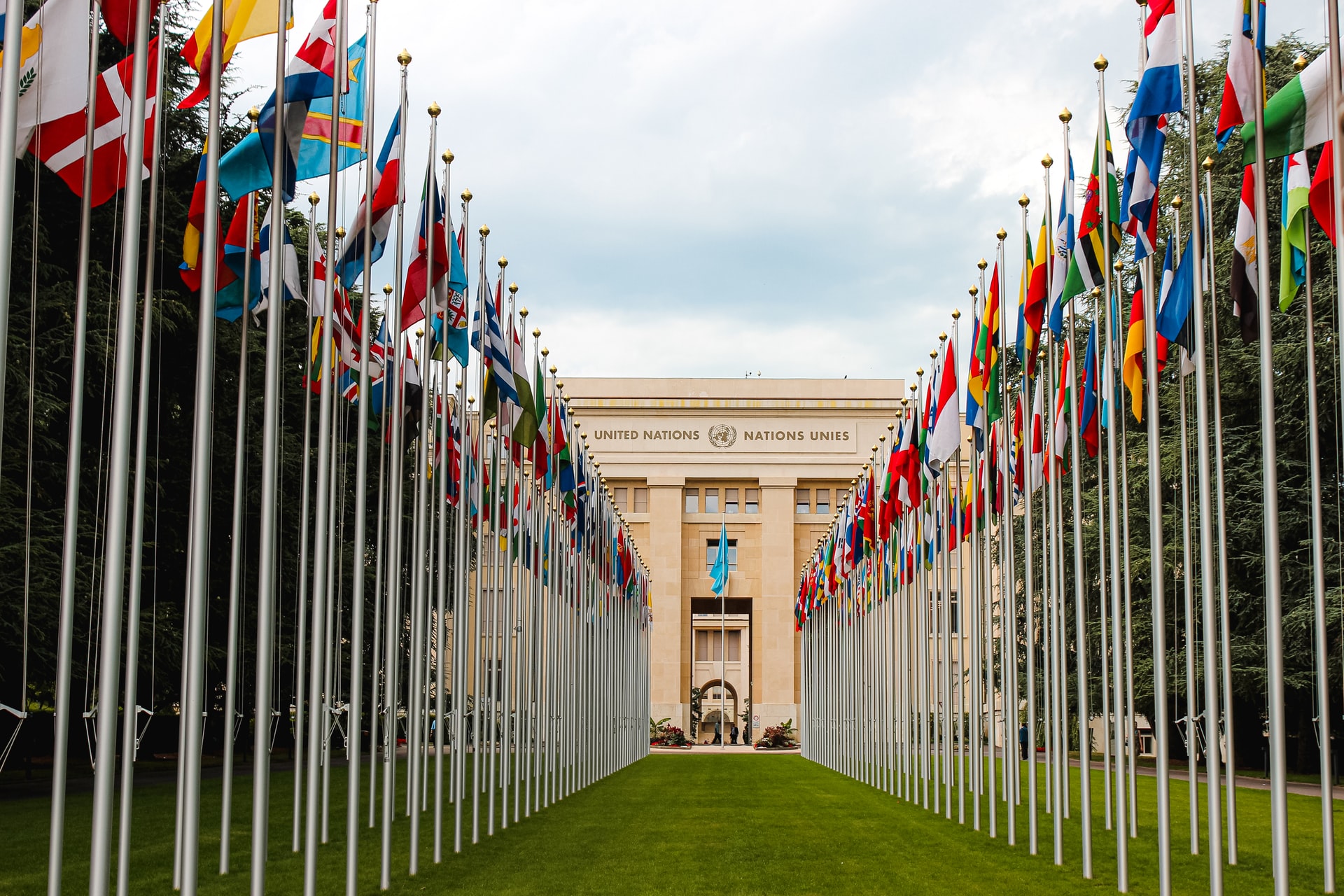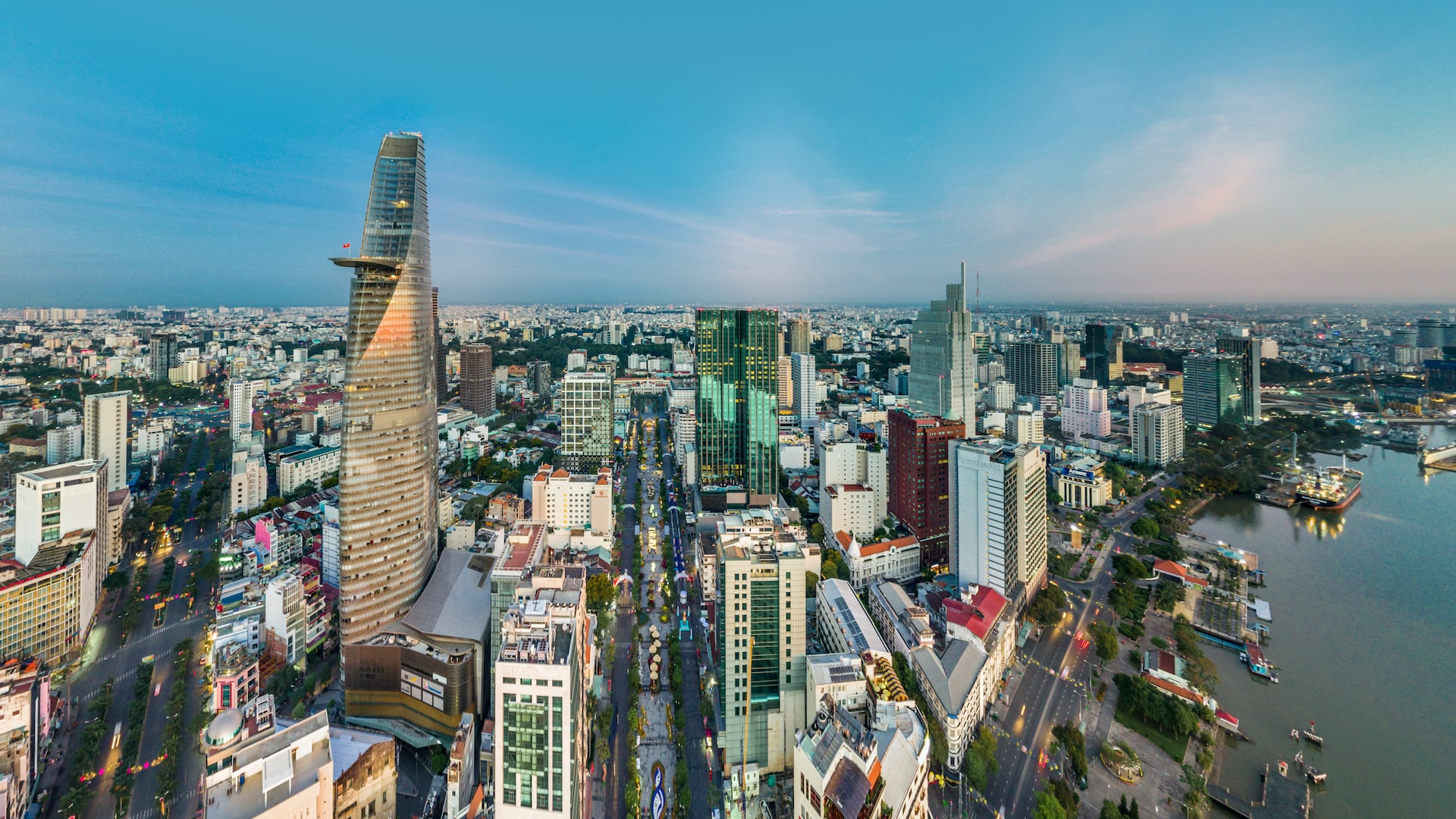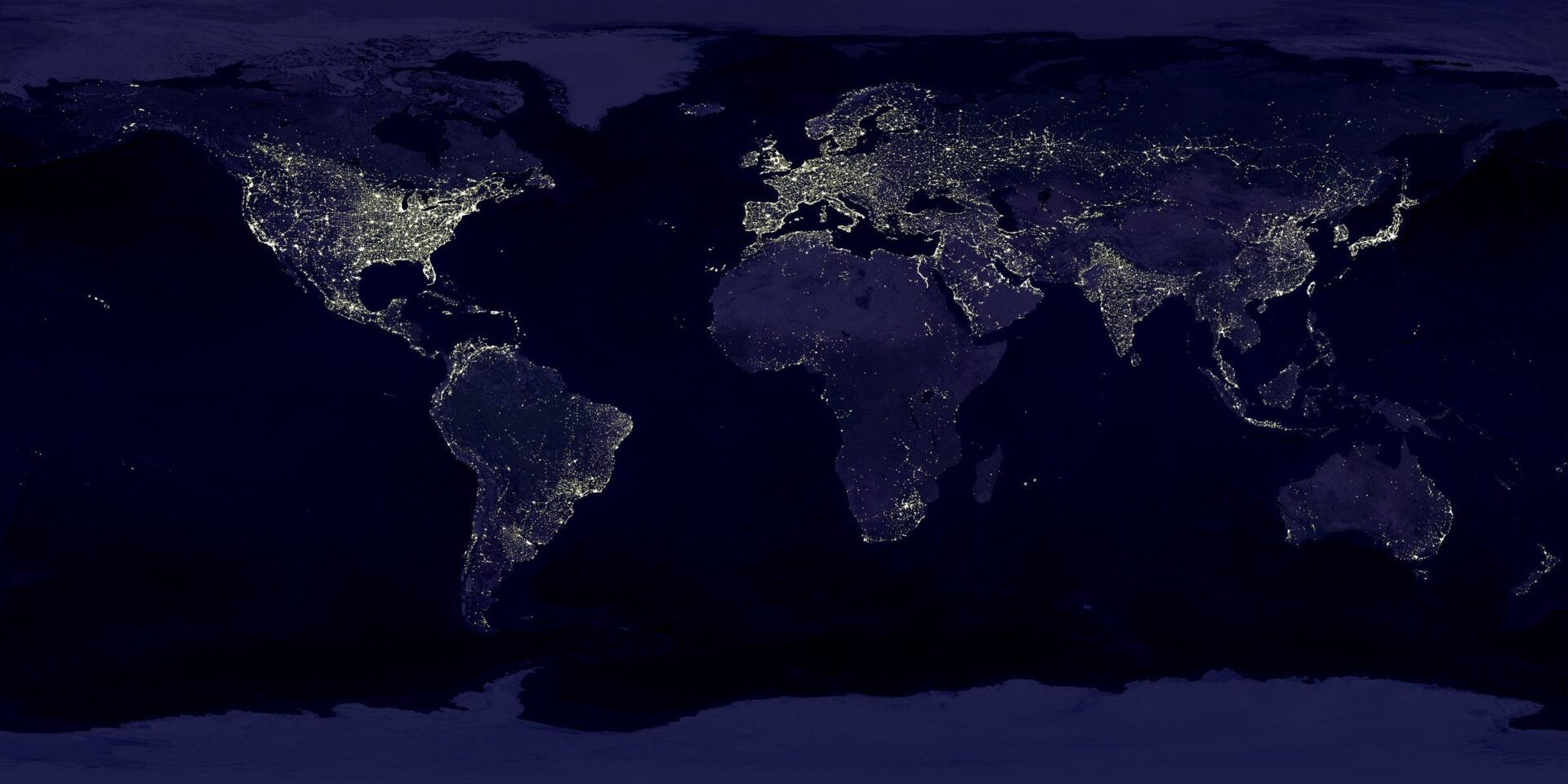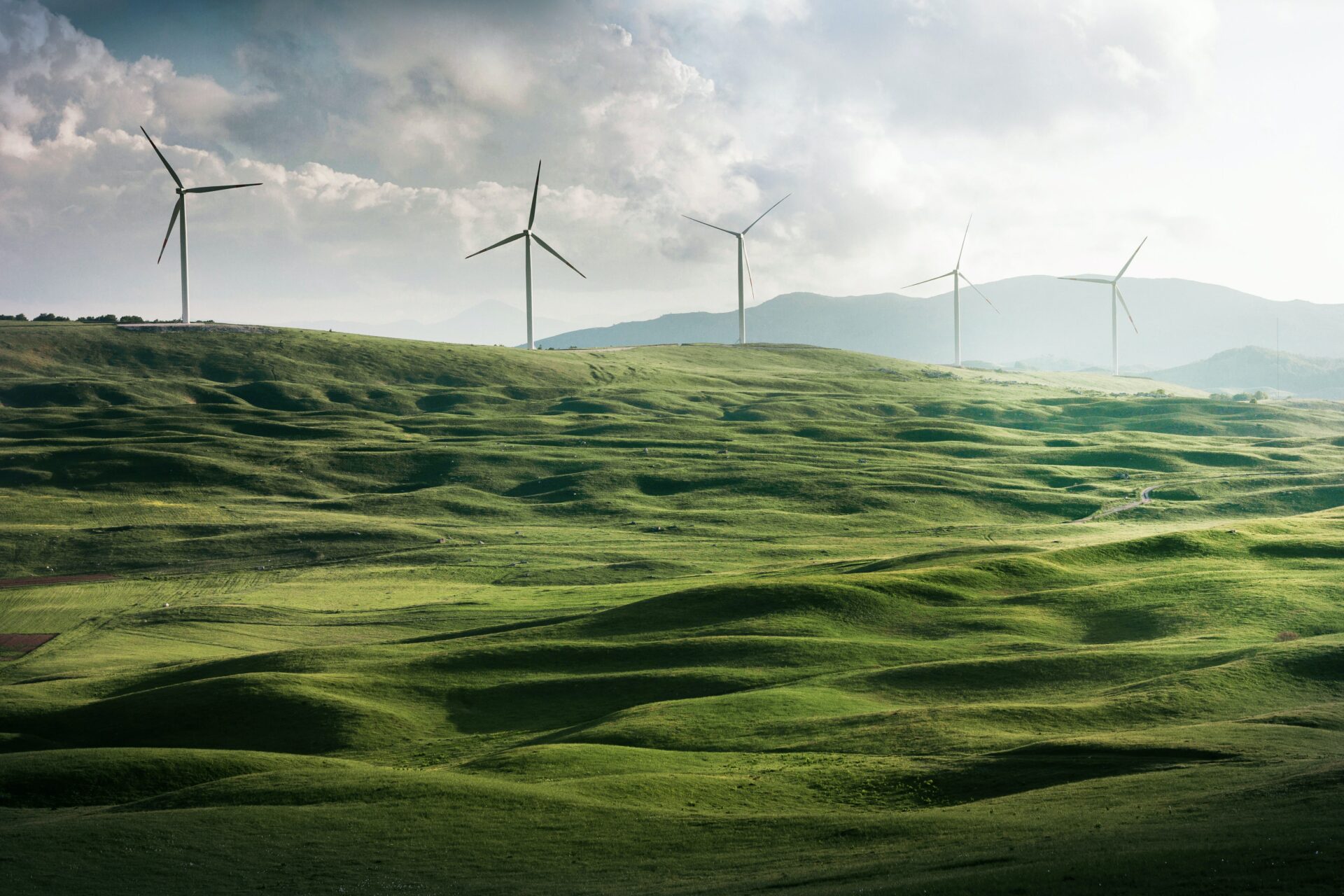Are We Witnessing a Shift in Global Order?
The global world order is in danger. The US-China trade war was the first blow, with its repercussions still being felt. Much of the China policies initiated by President Trump have not been lifted by President Biden. It was not just tariffs on Chinese products but also products imported from other countries due to China’s deep supply chains, that were impacted in this scuffle between the two superpowers.
Then came the onslaught of COVID-19 that significantly disrupted the socioeconomic standing of most economies. Developed economies too felt the shudders of the global pandemic. A clear example of this is the devastation and havoc wreaked by COVID-19, both in terms of the economy and lives lost in the US due to multiple waves of COVID-19 in the country.
These two impacts have significantly reduced the funding power of developed economies to help poorer countries emerge from the impacts of the pandemic. It has also led to provocation and distrust between neighbors, such as the skirmishes between neighbors China and India.
These are but some of the instances that indicate that countries and their leaders are growing very impatient with their neighbors and are not hesitating in taking a tougher stance against their neighboring countries for their personal and political gains.
We look at how this affects the global order and what are the best steps in keeping the sanctity of the world order in place. This and many such boiling issues will be covered in our upcoming Horasis Global Meeting that is aptly titled “Toward a New Era of Peace and Sustainability”. This one-day virtual event will bring together heads of governments, businesses, academia, media, and international organizations in helping to define a framework to deal with future crises and charting a sustainable and inclusive era for all.
The Untimely Impact
The Russia-Ukraine war is very untimely. It happed just when economies were slowly charting their path to a post-pandemic recovery. The 21st century war has disrupted plans for many – sending not only businesses but governments back to their drawing boards.
Large multinationals ranging from sectors such as FMCG, energy, manufacturing, automobile, technology, finance and many others have pulled out or have temporarily halted their operations in Russia.
Western-led sanctions have pounded Russia’s economy, with many experts stating that the former-Soviet nation will be reduced to a pariah state. Not what would be ideal for any country or their citizens. Not at this present moment where every individual and every country are fighting their own battles with the impacts of the pandemic.
Russia Chose to Isolate Itself
Yes! You’ve read it right. Russia did choose to wage an unprovoked war against its weaker neighbor, who it was supposed to protect. After the annexation of Crimea by Russia in 2014, US imposed sanctions on individuals and entities that supported the annexation of Ukraine’s territory by Russia. Additionally, the US also imposed sanctions on the financing of development projects in Russia, prohibiting the supply of goods and services needed by Russia to produce oil.
This should have deterred any hardened kleptocratic government, but not Vladimir Putin. Prior to the invasion of Ukraine, Russia amassed thousand of troops on the Russia-Ukraine border, issuing its list of demands to NATO and the US – an agreement that was intended to be refused.
A Clear Signal
So, by choosing to attack Ukraine, Russia left its fate in the hands of the global order that stepped up to the occasion. The US along with its allies have imposed a barrage of sanctions on Russia for disrupting the peace in the Eastern European region.
The sanctions levied on the former-Soviet nation range from financial measures on Russian banks from operating in the US and UK, in addition to freezing of foreign assets. All these sanctions are above the ones levied on Russian business oligarchs, government officials and their family members along with the removal of dependency of Russian fossil fuels from the EU markets – its largest importer.
These collective actions have sent a strong signal to kleptocratic regimes that choose to defy and disrupt the workings of the global order. Only time will tell whether these reactions will have any positive outcomes to maintain the stability of the global order, that presently stands somewhat threatened.
Photo Caption: The United Nations office at Geneva.



